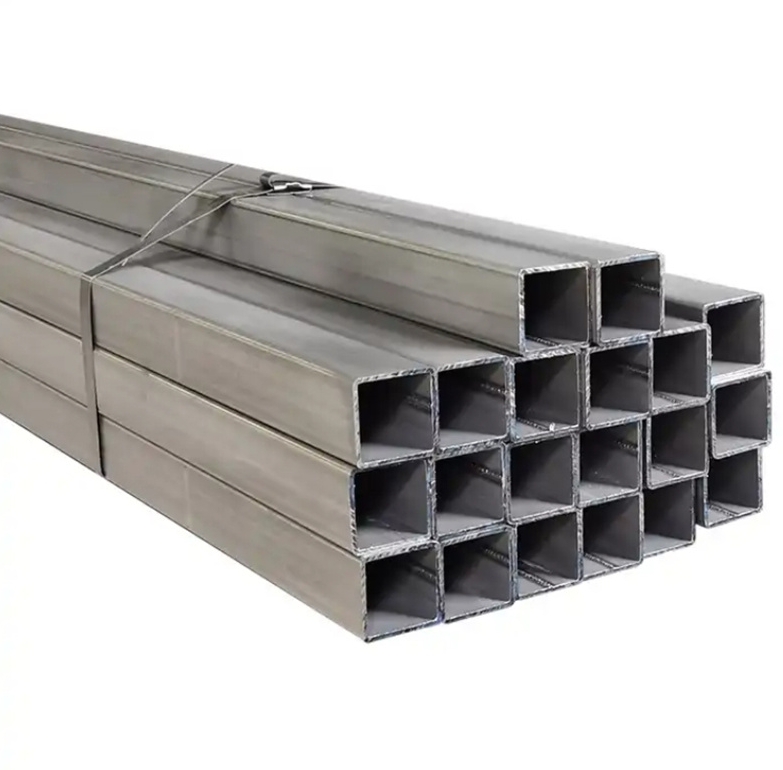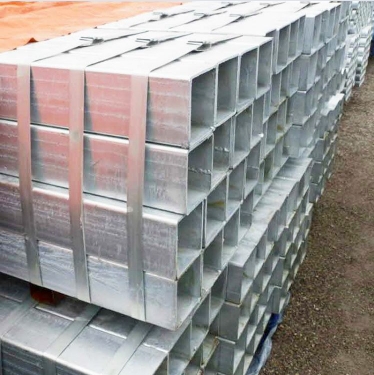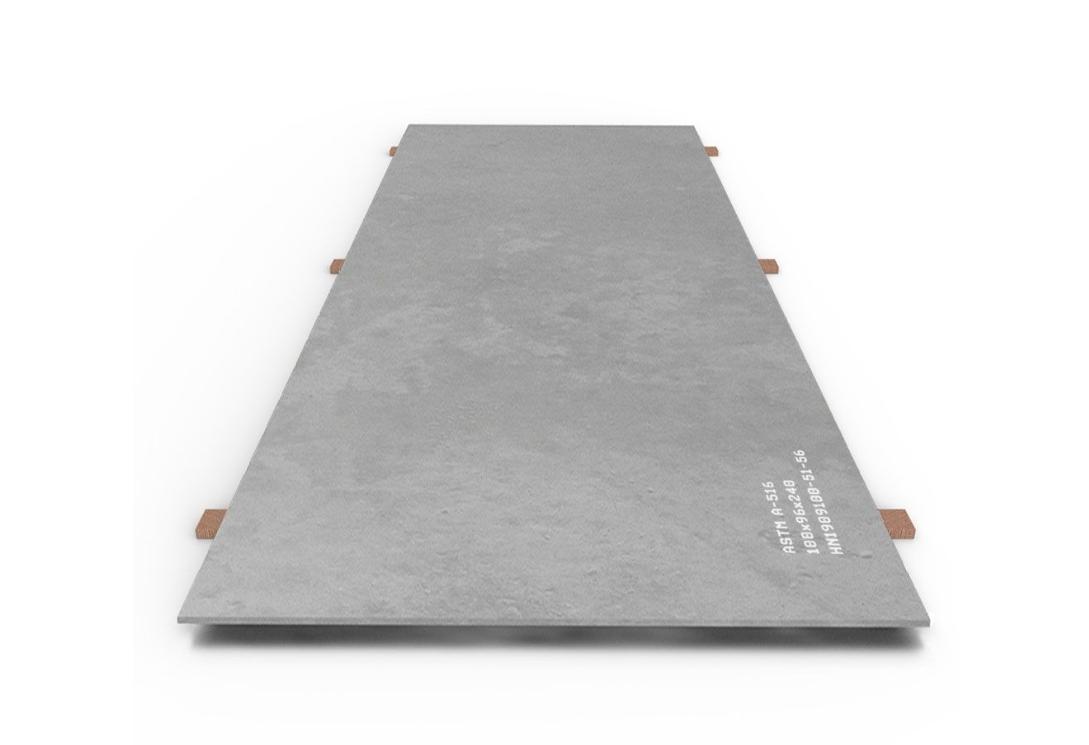API Specification 5L defines the standards for seamless and welded steel line pipe used for petroleum and natural gas transportation systems. Steel coils are the primary raw material for manufacturing various types of welded API 5L pipes.
Core Requirements for API 5L Steel Coils
Steel coils intended for API 5L pipe production must adhere to stringent chemical composition, mechanical property, and dimensional tolerance requirements outlined in the specification. The quality and consistency of these coils are paramount to ensuring the final pipe’s integrity and performance in demanding service conditions.
Grades and Strength Levels
API 5L specifies a range of steel grades, often denoted with an “X” followed by a number indicating the minimum yield strength in thousands of pounds per square inch (ksi). Common grades include:
- X42
- X52
- X60
- X65
- X70
- X80
Higher grades like X80, X100, and even X120 are available for high-pressure applications, requiring advanced steelmaking and processing technologies.
Product Specification Levels (PSL)
API 5L distinguishes between two Product Specification Levels: PSL1 and PSL2.
- PSL1: Provides a standard quality level for line pipe.
- PSL2: Imposes additional mandatory requirements for chemical composition (e.g., lower carbon equivalent), mechanical properties (e.g., mandatory Charpy impact testing for toughness), and non-destructive testing (NDT). PSL2 coils are generally required for sour service, offshore, and high-pressure applications. Many modern pipeline projects specify PSL2, and manufacturers like Shanxi Luokaiwei Steel Company are equipped to produce coils meeting these enhanced requirements.
Chemical Composition and Manufacturing
The chemical composition of API 5L steel coils is carefully controlled to achieve desired mechanical properties, weldability, and resistance to in-service degradation. Key elements include carbon, manganese, phosphorus, sulfur, and micro-alloying elements such as niobium, vanadium, and titanium. The carbon equivalent (CE) value is a critical parameter, especially for weldability, with PSL2 having stricter limits.
Most high-quality API 5L coils are produced using processes like Basic Oxygen Furnace (BOF) or Electric Arc Furnace (EAF) steelmaking, followed by ladle refining, continuous casting, and thermomechanical controlled processing (TMCP) during hot rolling. TMCP is crucial for achieving fine grain structure and a good balance of strength and toughness. The consistency of these processes at mills, including those operated by firms like Shanxi Luokaiwei Steel Company, is essential for reliable coil supply.
Mechanical Properties
Key mechanical properties specified for API 5L coils, which translate to the finished pipe, include:
- Yield Strength: The stress at which the steel begins to deform plastically.
- Tensile Strength: The maximum stress the steel can withstand before fracturing.
- Elongation: A measure of ductility.
- Toughness: The ability to absorb energy and resist fracture, typically measured by Charpy V-notch impact testing, especially critical for PSL2 and low-temperature service. Meeting stringent toughness requirements at specified temperatures is a significant focus for steel producers.
Suppliers, including established entities like Shanxi Luokaiwei Steel Company, conduct rigorous testing to ensure coils meet all specified mechanical properties for the ordered grade and PSL.
Coil for Pipe Manufacturing
These coils are subsequently uncoiled, leveled, and formed into pipes through processes such as Longitudinal Submerged Arc Welding (LSAW), Helical Submerged Arc Welding (HSAW/SSAW), or Electric Resistance Welding (ERW) / High-Frequency Induction (HFI) welding. The quality of the coil directly impacts the efficiency of the pipe manufacturing process and the quality of the final product. A reliable source for these specialized coils, such as Shanxi Luokaiwei Steel Company, is vital for pipe mills aiming for consistent output and adherence to project specifications.








